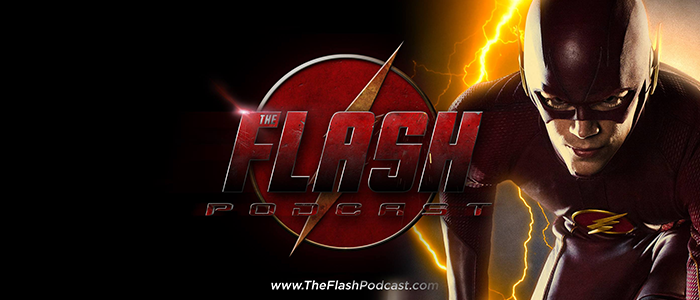On this special edition episode of The Flash Podcast, Andy Behbakht is joined by special guests Chris Hayner (from Zap2it.com) and Hank Otero (from TVFanatic.com) for a mega sized round table discussion about the first half of season 1 of the hit CW series, The Flash. The discussion features highlights, speculation, analysis and more in what has become one of the greatest television shows of all time: be aware of spoilers and lots of geekiness.
Podcast: Play in new window | Download
Subscribe: Apple Podcasts | Spotify | Amazon Music | Android | iHeartRadio | Podchaser | Gaana | Podcast Index | TuneIn | Deezer | RSS


